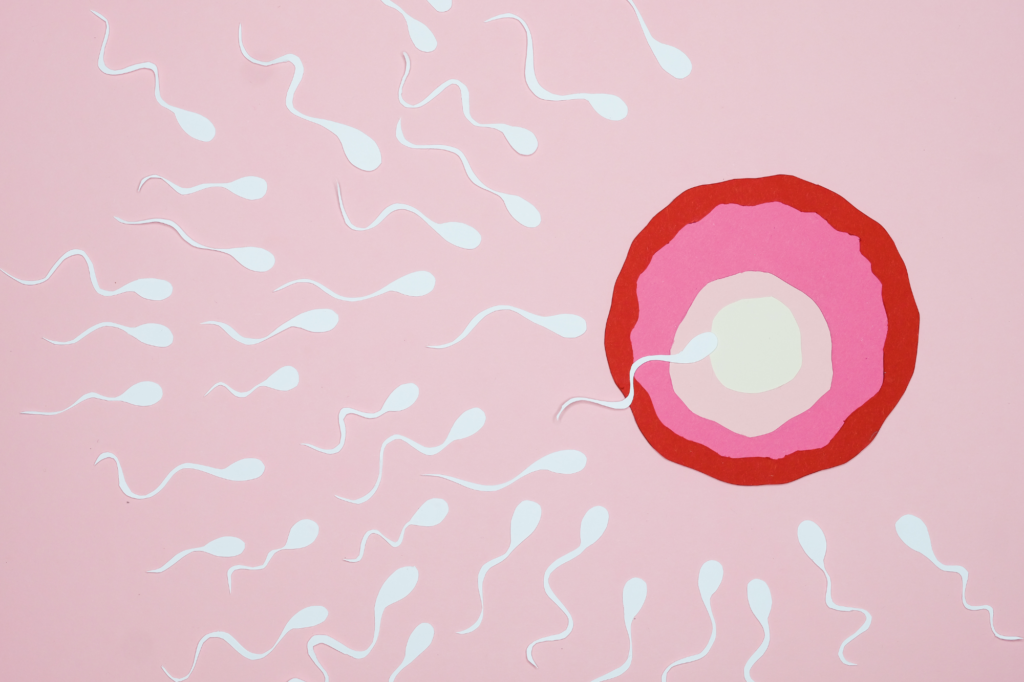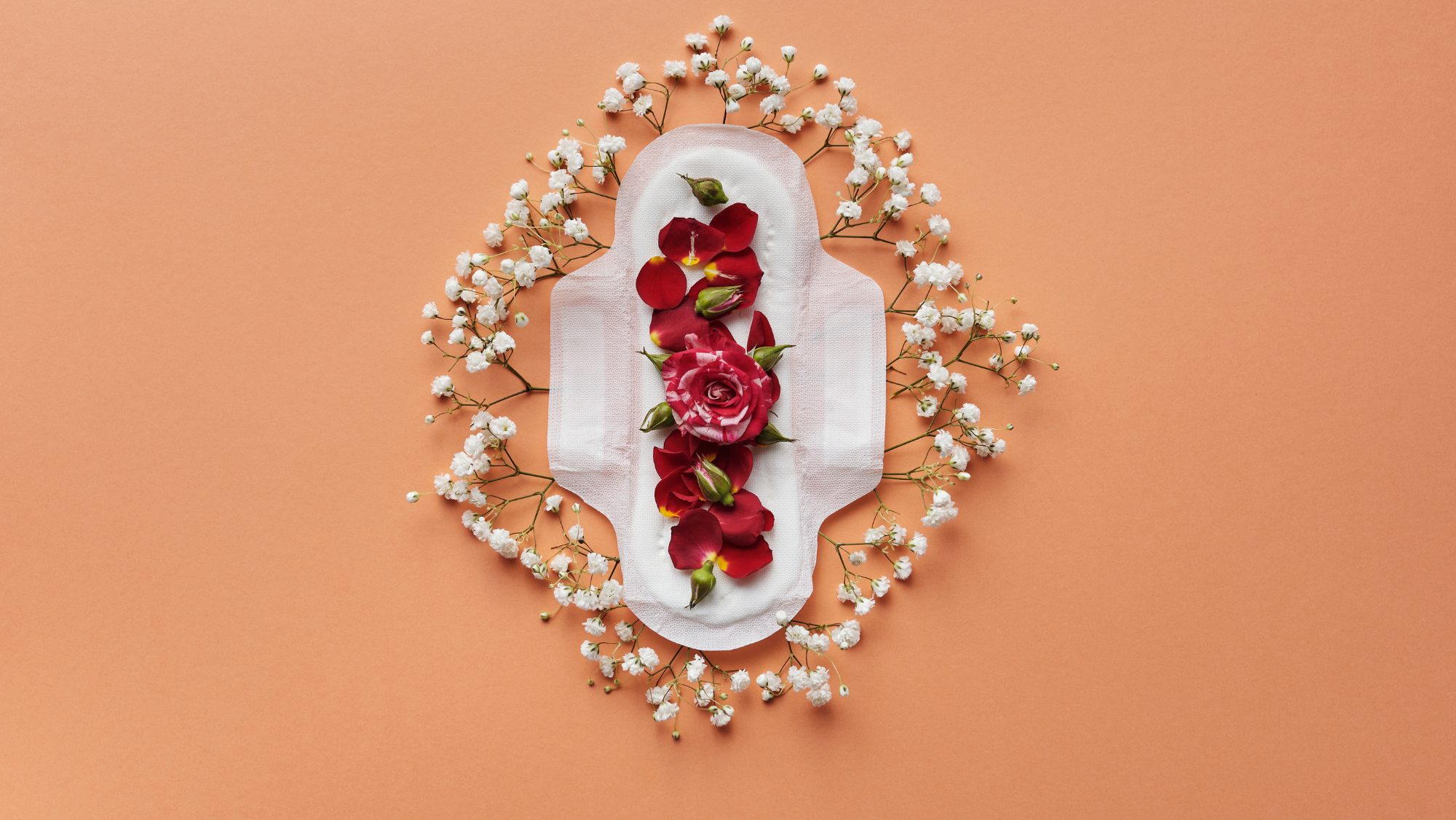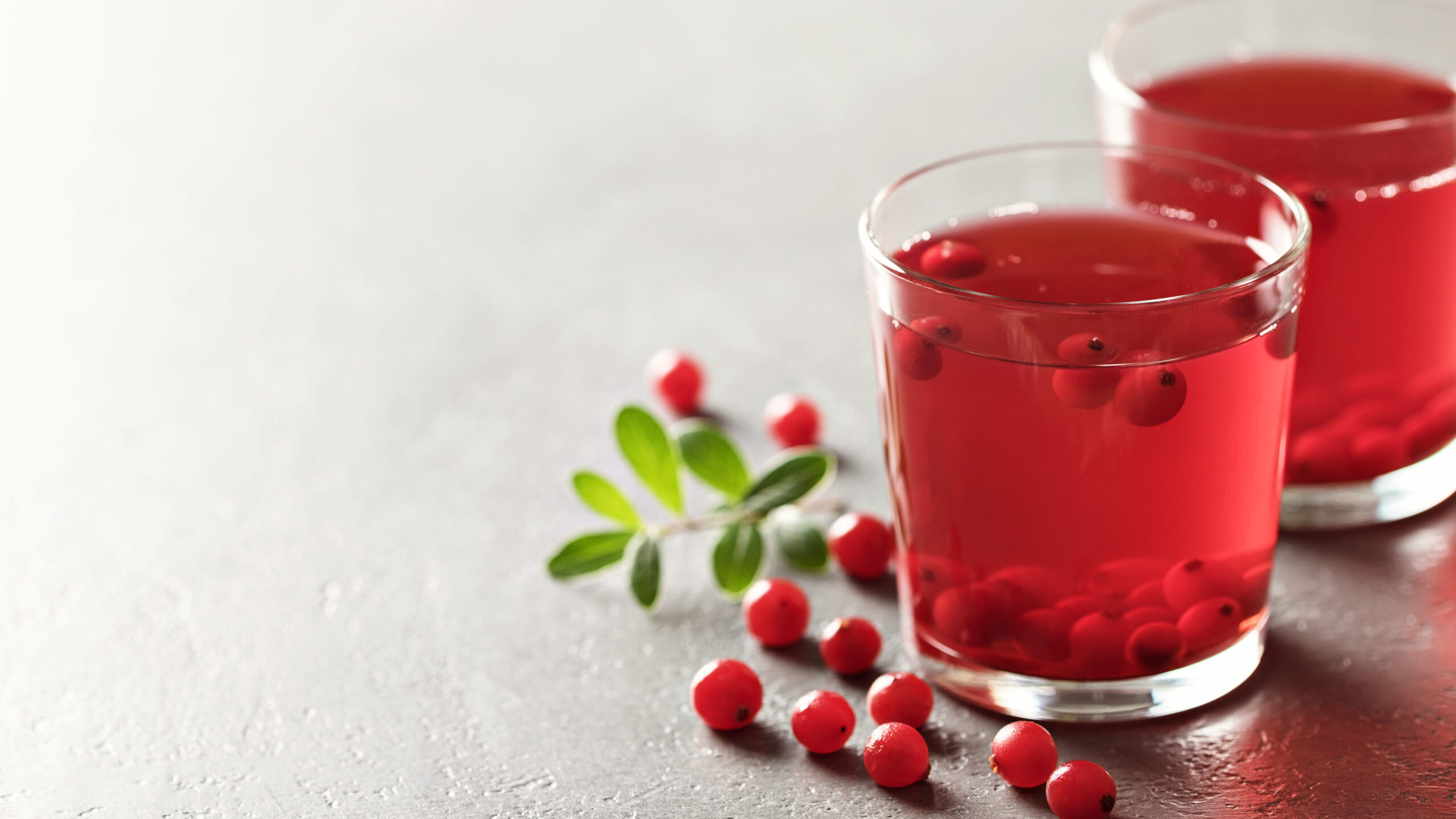As the cost of living crisis is affecting everyone it is important to know how to still eat healthily on a budget. The key to planning and creating healthy meals on a limited budget is good forward planning. The following tips will help you see that healthy eating doesn’t have to be expensive. Here’s how to eat healthily on a budget:
1) Always do a shopping list: It’s dangerous to go food shopping without a shopping list in hand. Shopping without a sense of what you need – and don’t need – opens you up to all manner of temptation, and most of those tempting foods are not nutritious. In addition, picking up all those extra items can easily blow your food budget and leave you without the funds to plan those healthy, nutritious meals. A good trick is to keep a note pad near the kitchen table or fridge. Having the notepad within easy reach makes it easy to keep track of the foods you need to stock up on.
2) Never shop when you’re hungry: The old advice to never shop when you are hungry is definitely true. Shopping when you’re hungry is a sure way to give into temptation, bust the food budget, and stock up on all the wrong foods.
3) Replace meat with pulses: Eating less meat and more beans and lentils is a good way to save money on your food budget, while still getting the protein you and your family need and cutting down on the saturated fat you and your family don’t need. Try experimenting with some vegetarian recipes for interesting ways to use these non-meat alternatives.
4) Stock up on staples: One trick is to keep the fridge and the pantry well stocked with staple foods. Essential staple foods, such as brown rice, and pasta, are frequently put on sale at major groceries. Stocking up on these essentials when prices are low is a great way to stretch any food budget. Keeping a good supply of staples on hand will avoid unnecessary trips to the shops and also avoid the need to buy such products when they are not on sale.
5) Stock up on fruits and veggies: Fruit and vegetables (excluding exotic/imported ones) are surprisingly cheap. An average banana costs 50p (less than most bars of chocolate/crisps from the vending machine) and provides more in the way of nourishment for fewer calories. Choose fresh fruit and vegetables that are in season, not only are they cheaper they will also be most flavoursome and at their best; but don’t limit yourself to that as you don’t want to end up eating a restricted diet. Farmer’s markets also tend to be cheaper than supermarkets.
6) Cruise the frozen food aisle: When it comes to fruit and vegetables one way to get your five a day and to save the pennies is to buy frozen versions. In fact, in some cases, buying frozen fruits and vegetables may be a more nutritionally sound option as foods such as peas, sweetcorn and broccoli are typically frozen within a few hours of picking, which preserves the vitamin C and B vitamins – so they may have even more than fresh versions.
7) Not everything that is canned is bad for you: That’s right! Not all canned foods are bad. As long as you make sure there is no added sugar, additives and preservatives. Tomatoes may also have a higher nutritional value when canned as the canning process, which heats contents to a higher temperature, makes certain nutrients (such as heart-protecting lycopene – red pigment in tomatoes) easier for your body to absorb. You can also get beans like organic kidney beans in cans.
8) Don’t forget to treat yourself: Even if you are counting the pennies you still need to treat yourself once in a while. Food is an easy way to comfort yourself, but you don’t need to go for unhealthy options like a bar of chocolate or packet of crisps. Grill a banana and pour some real maple syrup over it or bake an eating apple stuffed with raisins and walnuts. And instead of expensive coffees from coffee chains treat yourself to the flavonoid nutrients in tea, which protect your heart and also help you feel relaxed and comforted.
If you would like to explore whether a consultation with an expert nutritionist at the Glenville Nutrition Clinic could help you, please contact us on 01892 515 905 or send us an email at reception@glenvillenutrition.com



